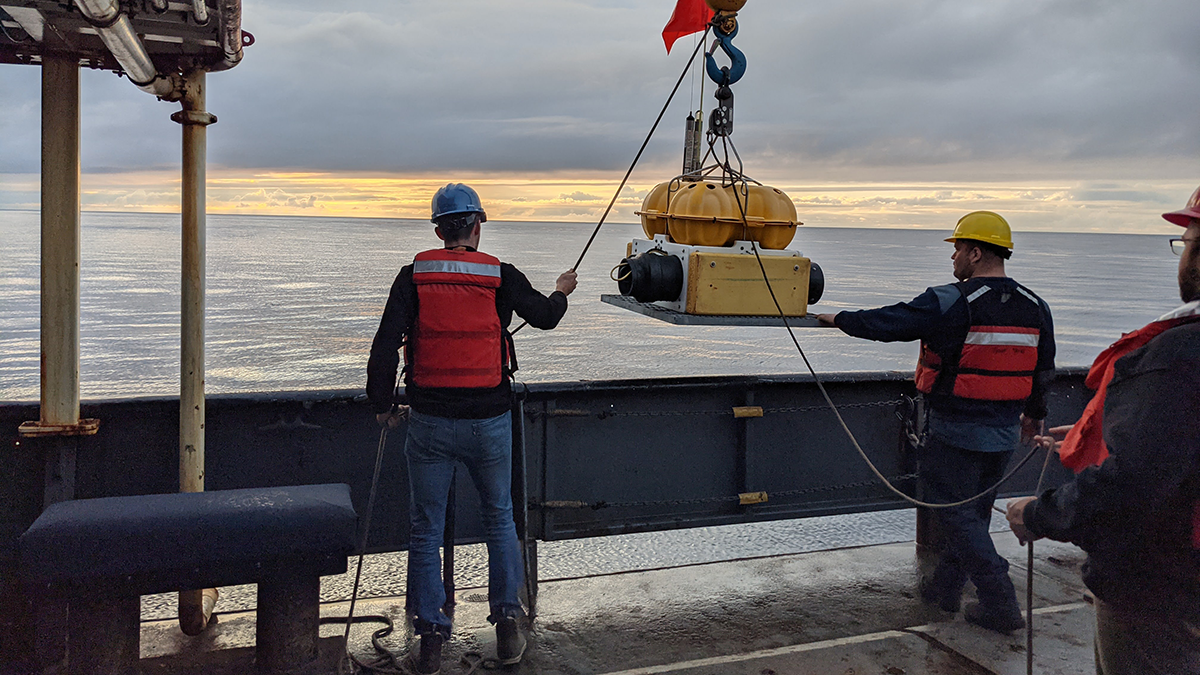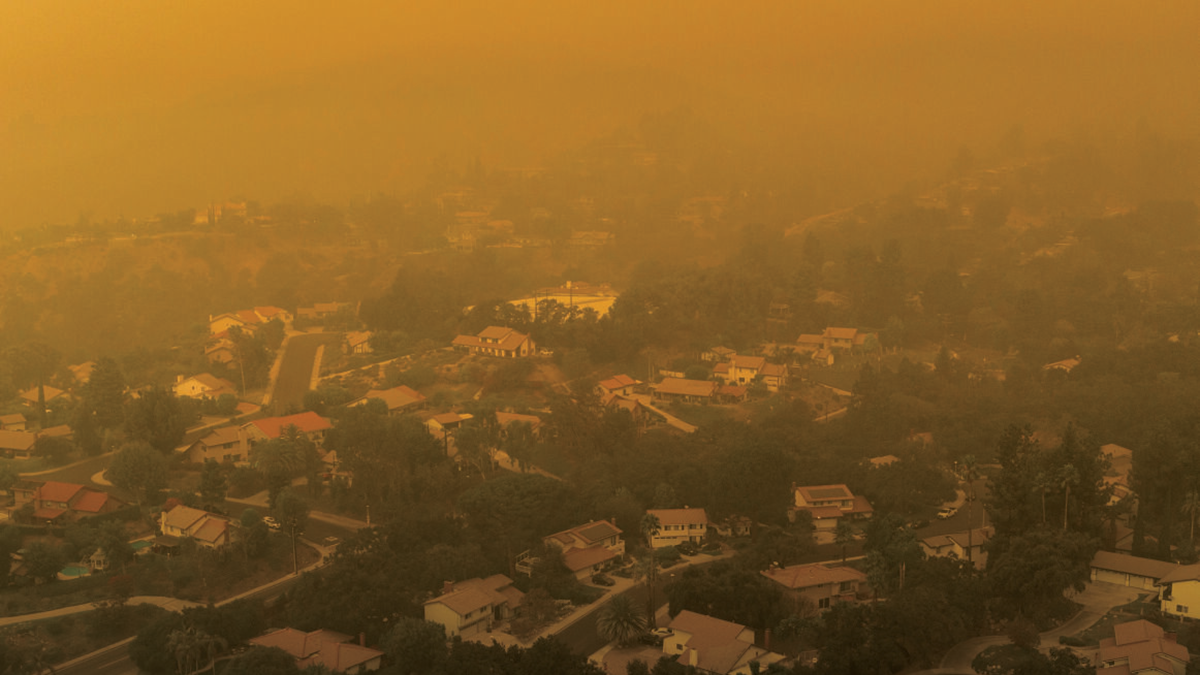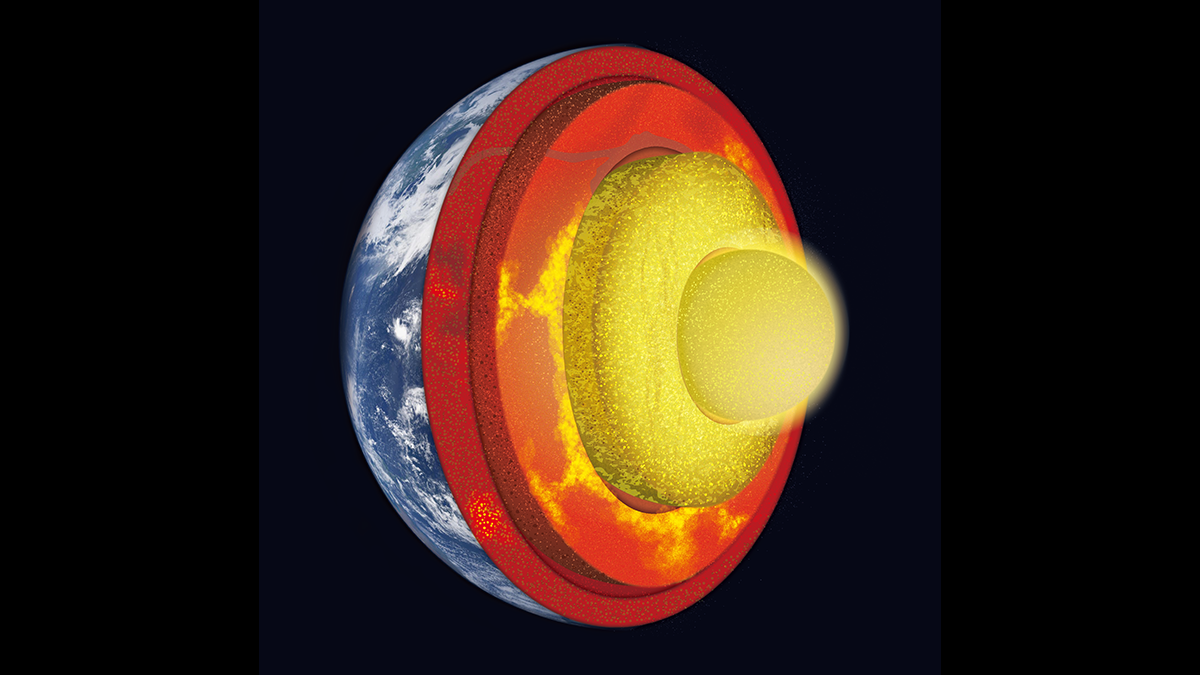A new book presents an interdisciplinary review of Alfvén wave research, sharing the latest insights from the solar, planetary, and terrestrial sciences.
AGU Books
Accounting for Small-Scale Processes in Large-Scale Models
A new book explores how fast processes can be better represented in atmospheric models to improve weather and climate prediction.
The Twists and Turns of Helicity Studies
A new book explores the fundamental role that helicities play in different astrophysical and geophysical phenomena and presents perspectives from various scientific disciplines that study them.
The Not-So-Silent Depths
A new book reveals that ocean depths are far from silent voids, but are actually alive with noise.
The Complexity of Clouds, Circulation, and Climate
A new book explores the significant influence of clouds on climate via radiation, circulation, and precipitation.
The Connections Between Landscape Fires and Your Health
A transdisciplinary reference guide to investigating relationships between biomass burning during landscape fires, the smoke it creates, and the impacts on human health and well-being.
AGU Publications Opens Science: Making Science Accessible and Equitable
To celebrate the Year of Open Science, we highlight our efforts to make AGU journals and books more open, accessible, and inclusive.
Foundations in Data Analysis for Undergraduate STEM Students
A new textbook serves as an initial course in scientific data analysis and hypothesis testing designed for students in all science, technology, engineering, and mathematics disciplines.
The Art of Promoting Scientific Results
AGU has various avenues for promoting noteworthy research published in our journals and books, which increases visibility, downloads, and citations.
Digging Deep into Interactions Between the Core and Mantle
A new book presents major advances in our understanding of core-mantle interaction and co-evolution, and showcases technological developments improving our insights into deep Earth processes.










